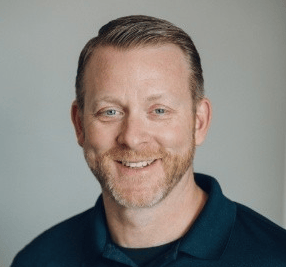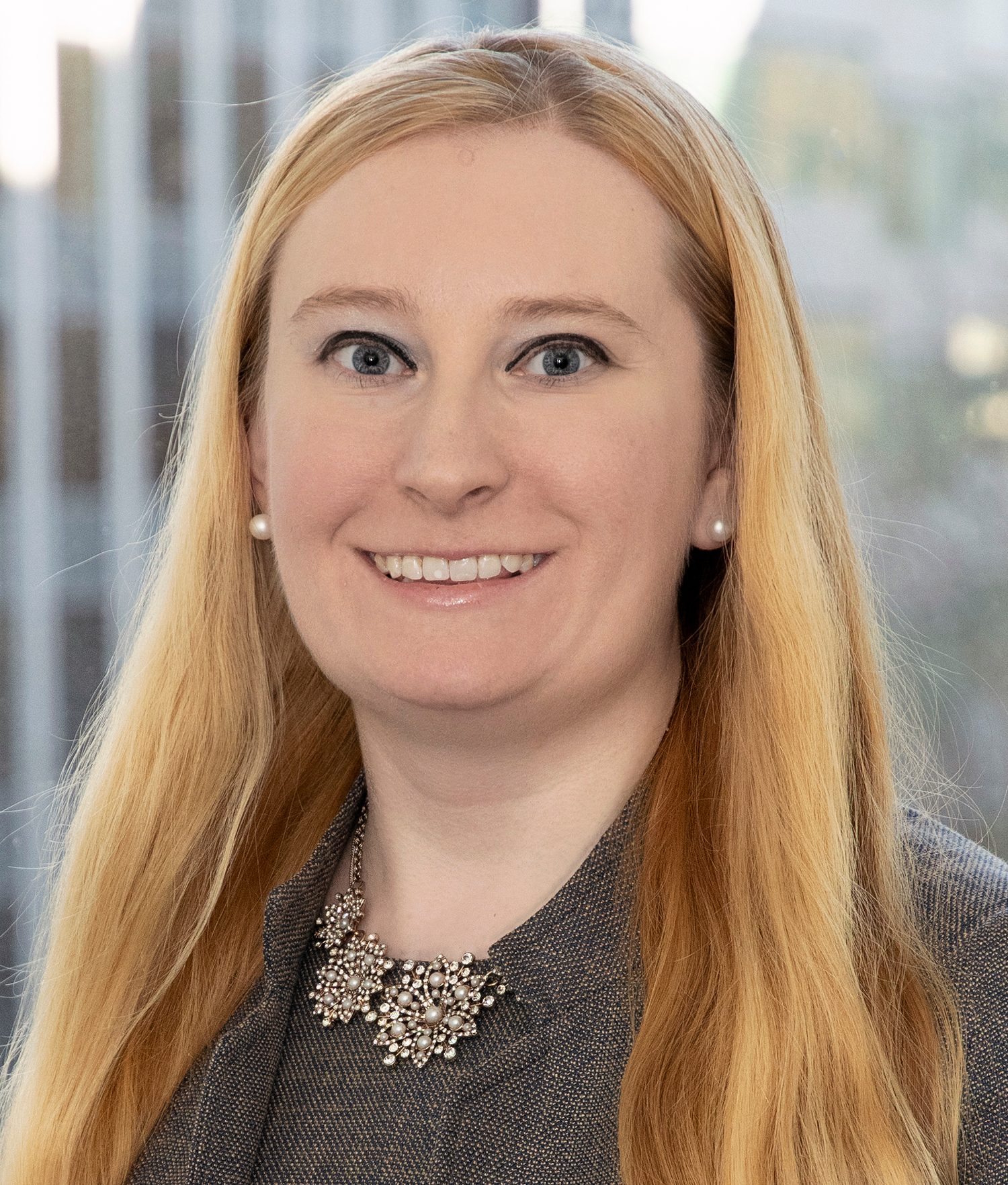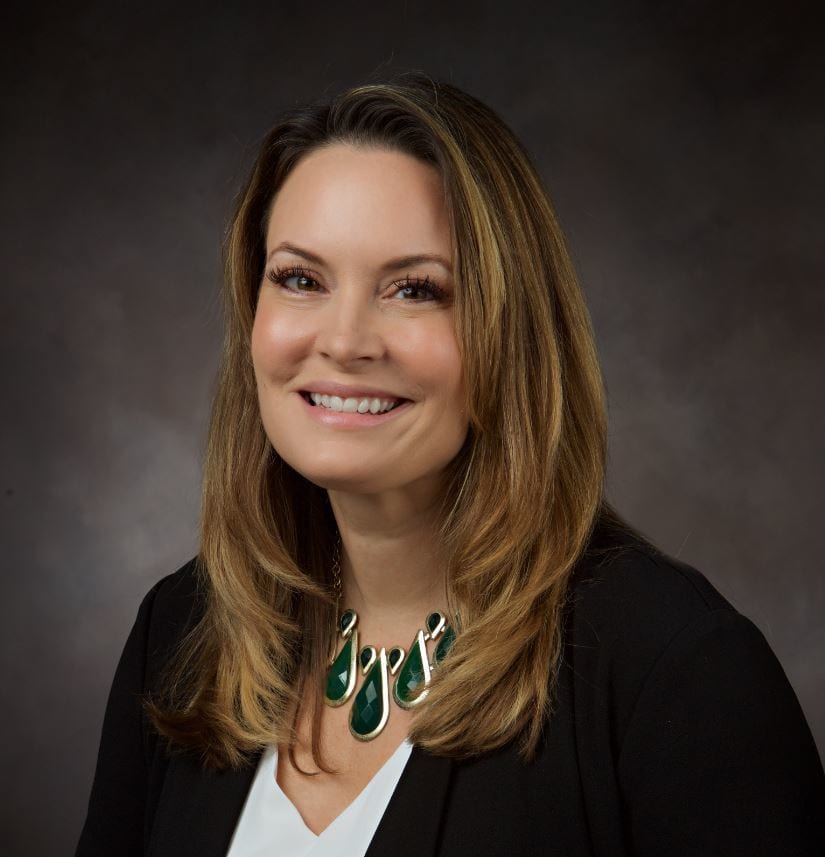NOVEMBer 2022

Security Career
By Adam Stone, Contributing Writer
Security professionals can cross-market skills from life experiences and other professional positions to excel in the security industry.
Leveraging Non-Traditional Experience to Drive Your Security Career

Milan Markovic / E+ / via Getty Images
For Kristine Raad, Vice President of Security and Safety at Four Seasons Hotels and Resorts, experiences outside the security domain have helped to sharpen her skills and elevate her career as a security professional.
“My background is engineering, and I learned early that engineers aren’t always effective in their communications,” she says. “When I was in college, I volunteered to be an editor for an engineering newsletter. That experience helped me to hone my writing and communication skills. I also learned how to interact with professionals that were in higher-level leadership roles.”
Today, Raad says those communication skills have helped her succeed. And she’s not alone: Many security leaders say that broad life experience outside the professional realm and cross-marketed skills from other non-security jobs or roles can contribute to professional success in security. Additionally, by honing in on potential skills or experiences outside of the “professional norm” when recruiting, security leaders can attract and engage a potential candidate pool that will help their security functions excel and succeed in the future.
“Life experience, regardless of where you get it from, is really important,” says Jason Veiock, Senior Director of Safety, Security & Resilience at GoDaddy. “Things like coaching kids’ sports, just being a parent, being a spouse, learning how to integrate into a community: all those soft skills matter.”
For non-traditional candidates looking to transition into the security profession in particular — those without deep security experience or formal credentials — it can be helpful to understand how to leverage those life experiences for career advancement.
Raad, Veiock and additional security leaders point to a wide range of experiences that have helped drive their own — and other peers’ — career successes.
advertisement
advertisement
Mignona Cote, Chief Security Officer, NetApp. Image courtesy of Cote




Angela Osborne, Associate Vice President, Risk and Emergency Management Solutions, Guidepost Solutions. Image courtesy of Osborne
Jeff Hauk, Director, Public Safety and Police Authority Services, Memorial Healthcare. Image courtesy of Hauk
Jason Veiock, Senior Director, Safety, Security & Resilience, GoDaddy. Image courtesy of Veiock
Kristine Raad, Vice President of Security and Safety, Four Seasons Hotels and Resorts. Image courtesy of Raad

Raad says that thinking outside of the box in terms of the skills you use within and outside of your professional life can point to strengths you didn’t even know you had. For example, Raad has been planning, organizing and executing large family vacations for her extended family for the last 20 years. “It sounds a little off the beaten path, but we’re talking a group of 10 to 15 people: putting together the schedule, coordinating with the group and building contingencies or problem-solving when something goes wrong,” she says. Those are the same skills she uses every day at work.
For Jeff Hauk, Director, Public Safety and Police Authority Services at Memorial Healthcare, his past athletic experience has been key to helping him succeed in his professional career. “I played both football and basketball in high school,” Hauk says. “You really learn the importance of teamwork, thinking ‘big picture’ and what it takes for the team to be successful.”
In the security profession, Hauk says that showing you understand how to work with a team is a big driver of success. “It’s huge to be able to see through the eyes of a team, rather than through your scope as an individual,” he adds. “It’s not necessarily all about being the star.”
Angela Osborne, PCI, PSP, CPP, Associate Vice President, Risk and Emergency Management Solutions at Guidepost Solutions, has always been interested in foreign languages and international relations. She minored in French, studied abroad and took part in the Model United Nations. All of those experiences have supported her in her career as a security professional, she says.
“For many years, I worked in the United Arab Emirates with a global security team. To put forward security solutions, it required awareness of how those measures would be received by colleagues with different backgrounds, understandings and concepts of security,” Osborne says. In the security field, especially in international security, “languages are important. Words can mean different things when they’re interpreted in a different language. As you’re doing investigations, or just setting up security systems, you need to be aware of that,” she says.
Communication, teamwork and language skills translate into many different industries, including security. Many security leaders encourage others to think about those and more interests, past career moves, and hobbies or other activities as potential relatable skills that will help them excel in the security industry, such as critical thinking, data analysis, planning or leadership skills.
“My dad taught electronics, and when I was a child I would go to his classes and learn about the world,” recalls Mignona Cote, Chief Security Officer for NetApp, Inc. She’s still curious today, she says. “I always go to that extra level of learning. I always want to know how everything works.”
Cote’s curiosity drove her toward her present career in the security industry. She started out as a revenue auditor, “then I used that audit experience to sit in the network operations center at GTE, looking at how a network is built and how the physical security controls work,” she says. “What happens if you cut through a fiber wire? That eventually put me into the security world that I’m in today. It’s always been about: what bad can happen and what can we do about it?”
Making it Visible
While all of these stories and reflections demonstrate security leaders calling on their “non-traditional” skills to help them in their security careers, the question is whether calling out these skills will actually help security professionals that aren’t in leadership positions, or others that want to transition to the security industry.
In other words, can you really walk into an interview for a security job and say, “I coach Little League and it will help make me great at this position”?
Spoiler alert: You can, and probably should. Whether you’re transitioning into security from another field or looking to take the next step up the ladder in an established security career, broader experiences — and being able to communicate those broader experiences — can actually be a competitive differentiator.
At GoDaddy, for example, Veiock says he actively looks for the unconventional when he interviews for security jobs and encourages candidates to bring their whole selves to the table. “What I’m evaluating is their capacity for long-term success,” he says. “You need to demonstrate some flexibility. You have to be a continuous learner. But I need to see that reflected in your experience. Don’t tell me you’re a continuous learner without showing me. You have to demonstrate it.”
To that end, Veiock says, those with non-traditional skills and experience should come prepared with anecdotes and examples.
“You have to have the vignettes ready that you can work into the conversation. That should be part of your interview prep,” he says. And those stories need to be grounded in established facts. “You have to have staying power. It’s about being genuine: You can't just create these things before the interview. You have to become those things.”
Hauk likewise wants to hear candidates tell a coherent story, and he adds that they should be able to explain how their life skills intersect with the organization’s security needs.
“If you’re a teacher and now you want to become a security professional, there are certainly a lot of things that are very transferable, but you need to think it through,” Hauk says. “You need to be knowledgeable about the role and the duties and responsibilities that it entails, so that you can relate that to your background and experiences to demonstrate how you’re going to be successful.”
Can you really walk into an interview for a security job and say, “I coach Little League and it will help make me great at this position”? Spoiler alert: You can, and probably should.


In his view, those looking to use their life skills in the security realm are well-served if they start by taking a deep dive into what the profession is all about. In doing so, they’ll better understand where their skills align with the need.
“We say ‘physical security,’ but there are a lot of different opportunities within the physical security industry,” he says. “For example, you don’t have to be a traditional security officer or public safety officer to work on the technology side in emergency management, threat management or business continuity. There are a lot of different opportunities available within the industry.”
The more you know about the industry, the easier it will be to connect the dots.
Raad says that when she interviews people with non-traditional skills, she’s listening to hear how they put their varied skills to use. Candidates or current professionals looking to expand their career need to be able to use or demonstrate those skills in order to show what’s possible.
“Take the lead on organizing the team luncheon,” Raad says. “That sounds relatively trivial, but you have to look for those opportunities. Don’t just sit back and let other people volunteer. You need to be engaged and put yourself out there.”
Raad says that when she’s speaking with individuals, if they can communicate concrete examples of how they’ve used a particular skill, it can be very effective. “It’s especially impactful if they can highlight accomplishments where they’ve received recognition or awards for that work or achieved great results,” she says.
While demonstration of skills is important, on a very practical level, Osborne says that those individuals with a non-traditional route to security can look for positions where transferable skills are most readily applicable.
“A good pathway for entering the security profession is by connecting with the intelligence team within a security company,” she says. “For positions like intelligence analysts, geopolitical analysts and risk analysts, organizations are hiring people who do not always come from a military or law enforcement background but who have degrees in international relations or political science,” she says. “This is because they’re good writers and researchers, which is very important, and something that’s often needed within a security team.”
Everybody Wins
In the end, taking a hard look at external experience and transferable skills doesn’t just benefit a job or promotion candidate — indeed, some security leaders would argue that the entire security profession stands to benefit.
Veiock, for example, says the strongest candidates are often the ones who bring creative solutions to the table, and he’s eager to hear from candidates who can “evaluate what the company needs and then draw on their experiences in order to craft a plan that works.”
He says that with the security industry facing new and emerging challenges that are changing all the time, non-traditional candidates with unique and transferable skills can help security functions pivot, rethink strategies and come up with new ideas. “I don’t need someone who says: This is what I did in federal law enforcementand I’m going to apply that playbook to this company,” Veiock says. Rather, as a profession, “we have to innovate,” he adds.
Those with outside experience and unconventional skills can help drive that innovation, bringing new ideas and approaches to the table.

NOVEMber 2022 / SECURITYMAGAZINE.COM


